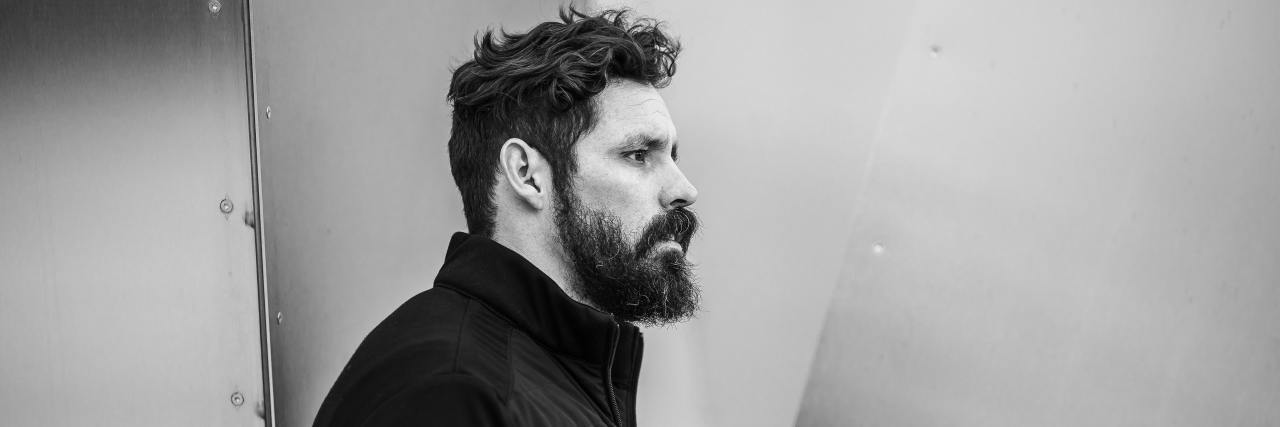I Didn't Think My Mental Health Was 'Bad Enough' to Need Medication
Editor's Note
Any medical information included is based on a personal experience. For questions or concerns regarding health, please consult a doctor or medical professional.
Please see a doctor before starting or stopping a medication.
Depression? Check
Anxiety? Check
Obsessive-compulsive disorder (OCD)? Check
Etc.? Check
Medication? Check?
When I was first given the option to take medication for my depression and anxiety, I laughed at the idea. I didn’t think I had a big enough problem to the point where I couldn’t fight the battle on my own.
And for a while, I remained this way. Needless to say, I exhausted all other options before turning to popping pills because I thought my diagnosis wasn’t bad enough to require it.
When I look back at my life without taking prescription medication, I can tell you right now, I should’ve taken it sooner. It lightened the load on my thoughts and feelings, and gave me a sense of happiness that wasn’t interrupted by panic or sadness. I was able to build relationships that were otherwise compromised by the actions of fear and doubt that used to control my life.
When I finally took medication, I was given another tool to combat my depression and anxiety. And it’s been the most useful one yet.
But it’s not for everyone.
The reason I put this is because mental illnesses include a very vague list of diagnoses with an even more vague list of symptoms that decide whether or not a person requires medication. It takes time and effort to come to the conclusion medication is the best option. And with that, there’s no guarantee the first medication is the right one. It’s a marathon.
And some people simply don’t require medication. They are able to relieve their stress through physical activity or meditation or therapy.
And that’s perfectly fine!
But for those of us who are told medication is the best option, understand what’s going to happen. The pros and cons of taking meds to combat your mental illness vary widely. On one end, you may notice they do help you, but at the same time, they can also dramatically backfire.
In my personal experience, when I first tried taking a prescription medication for my depression, it was awful. Not only did it not help my depression, but I experienced one the worst anxiety attacks of my life. I immediately went back to my doctor, and guess what? I was given another medication.
This is where that marathon analogy comes in.
To break it down, medication for any diagnosis comes with a long list of pills and drops and sprays and whatever else people use these days to help with their illness. This is a common theme from everything like the common cold to mental illness to surgery.
Where it gets tricky for mental health patients is the way we discover if and how a medication works. Most of the time, people can pop a pill to relieve pain or take a shot of cough syrup to relieve a scratchy throat. This isn’t the case for those of us struggling with mental health.
Mental illness takes time to understand. I find it’s one of the most understudied fields of science out there in terms of discovering things that work. Of course, one can meditate and find peace, or work out more and find distraction, but for those of you reading this article and deciding medication seems like a legit option, here’s my advice to you:
Thomas Edison found 10,000 ways not to make a light bulb work. When you are given the option to try medication for the first time, and it doesn’t work, don’t give up. Much like Edison, you found just one kind of medication that doesn’t work, but that doesn’t mean the next one you try won’t either. Have faith in the process, and you will progress.
A version of this article was originally published on The Mental Health Minute.
Unsplash image by Mika Swedgnrtuml

